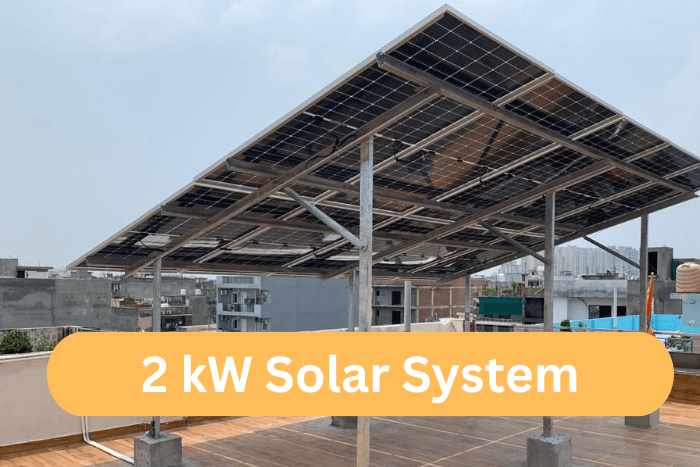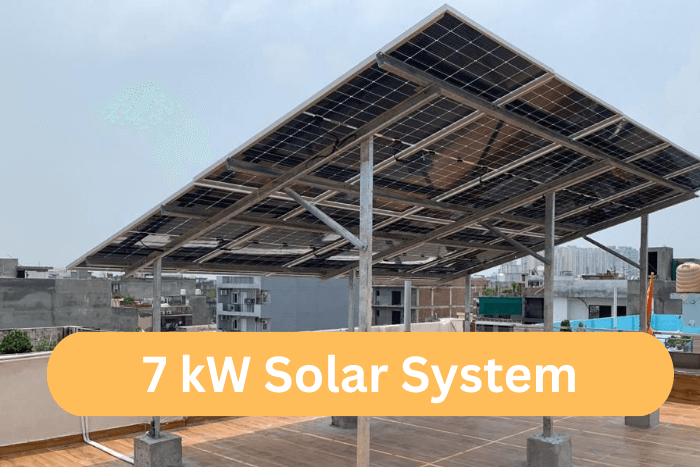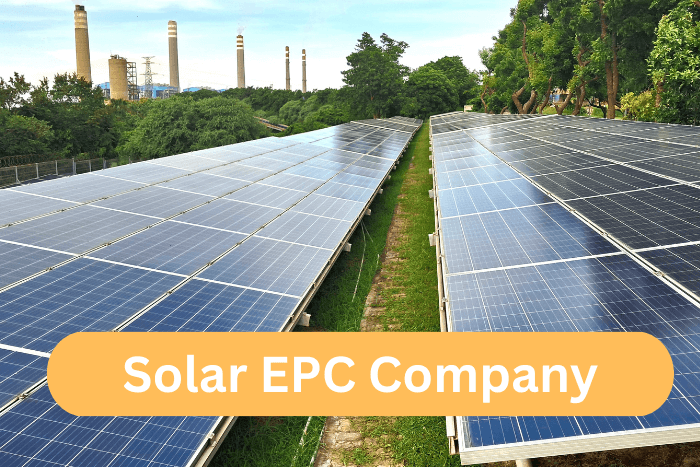How The PM Surya Ghar Muft Bijli Yojana Is Transforming India
Honorable Prime Minister Shri Narendra Modi launched PM Surya Ghar Yojana 2024. PM Surya Ghar Muft Bijlee Yojana is one of the visionary initiatives that aim to provide free electricity for all households in India. PM Surya Ghar Yojana's 2024 scheme focuses on completely installing solar systems in homes. These would be extensively reducing the families from paying the electricity bills.
Investing in solar panels is also suitable for easily fostering the utilization of sustainable energy sources. Prime Minister Narendra Modi recently announced that solar panel systems would be provided for about 1 crore houses. The 'PM Surya Ghar Muft Bijli Yojana’ is one of the groundbreaking Rs.75,000 crore initiatives that have been approved by the Indian Cabinet. It is one of the innovative projects that aims to provide 300 units of free electricity for 1 crore families across the nation.
PM Surya Ghar Muft Bijlee Yojana is one of the people encouraging the adoption of solar installations in the household. These are very helpful for significantly reducing dependence on the traditional power source. PM Surya Ghar Muft Bijlee Yojana has been widely designed to transform the energy industry by bringing solar panels onto rooftops. The scheme is a suitable option for low-income citizens and middle-class families across the world. PM Surya Ghar Muft Bijlee Yojana has the vision of providing solar panels for 1 Crore homes. Normally, this scheme is perfect for pivotal the country’s journey to successful energy self-sufficiency.
- An initiative of these projects is to provide 300 units of free electricity for more than 1 crore households.
- Aligns with the objective to attain 40 GW rooftop solar capacity by the year 2026
- Solar power panels can be installed in the homes of eligible beneficiaries.
- The government allocated substantial subsidies to make the initiative financially viable.
The Ministry of New and Renewable Energy (MNRE) has designated the REC as the rooftop solar scheme implementation. These are beneficial for the household to extensively save more money on monthly utility bills. If you are looking forward to applying for the PM Surya Ghar Muft Bijlee Yojana scheme, then you need to check the solar power price. Central Financial Assistance (CFA) plays a major role in providing substantial financial support for the RTS or residential rooftop solar installations.
Saving Your Money:
Normally, the subsidy system involves the Government providing a maximum CFA of 60% for a maximum of 2 kW solar power systems. The government Subsidy system provides a maximum of 40% for 2 kW to 3 kW solar power systems. Financial aid is also enabled for 3 kW systems, which is suitable for gaining the maximum savings on qualified users. For example, these subsidies set by the government range from Rs 30,000 to Rs 78,000. Subsidies vary based on the capacity of the solar power system.
Financial Growth
Upon implementing the scheme in India, REC grow its renewable energy loans to about Rs 300,000 crore by the year 2030. About Rs 125,000 crore has been sanctioned as of 2024. Solar energy can be useful for generating power for household usage. There is no need to rely on the grid power supply when installing solar panels at your home.
Empowering Families
PM Surya Ghar Muft Bijlee Yojana reduces the financial relief for families who are slashing electricity bills. These also allow for extensive allocation of income along with many other essential needs. Facilitating free energy also empowers fostering a sense of independence along with self-sufficiency. PM Surya Ghar Muft Bijlee Yojana allows households with low incomes to easily lower their electricity bills. These involve saving for about 300 units, which is estimated at Rs15,000-18,000/- households on solar power panel electricity.
Eligibility Criteria
Eligibility Criteria for PM Surya Ghar Muft Bijli Yojana is that the applicants must be Indian citizens. The applicant needs to have a yearly income up to Rs 1 or 1.5 lakh. Applicant must have the Property ownership and must not have any previous benefit from similar schemes.








